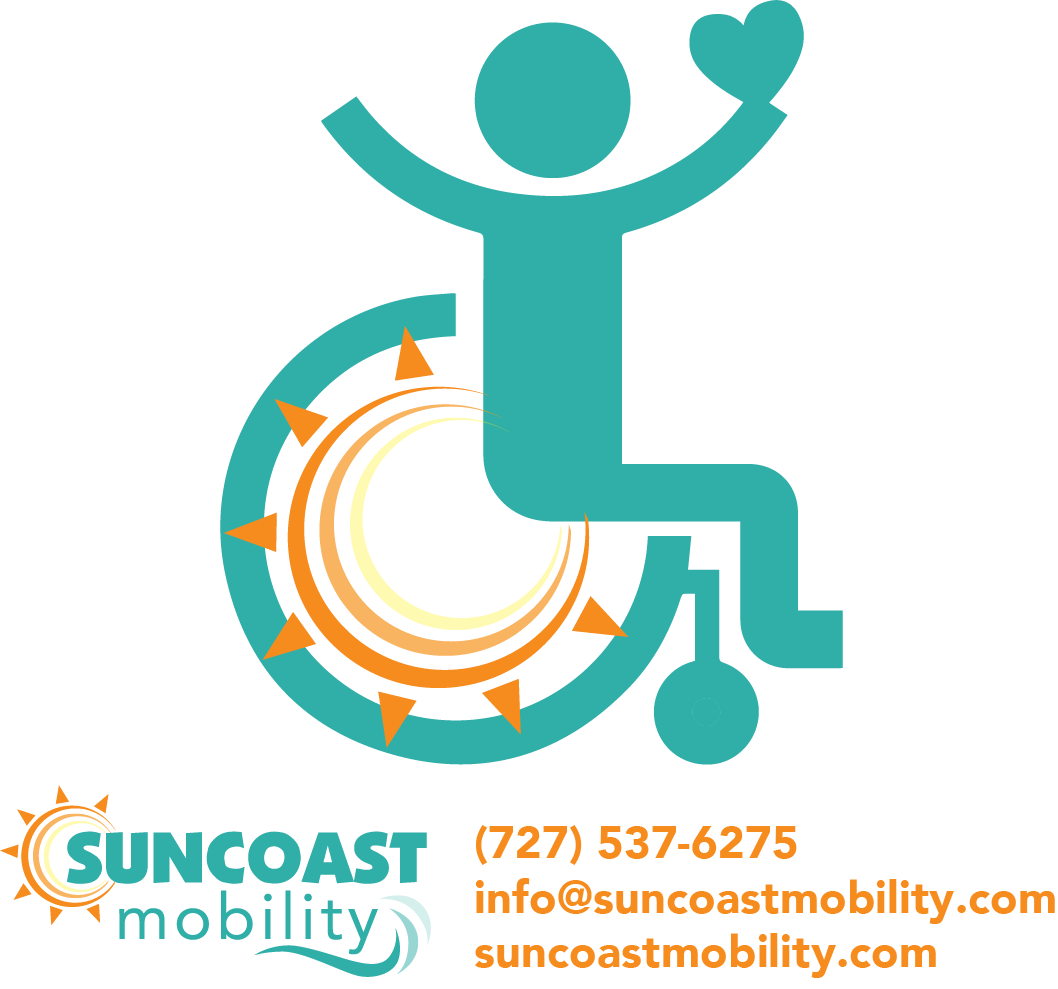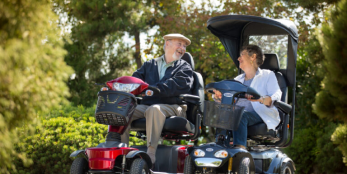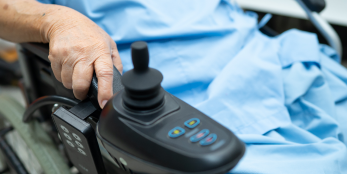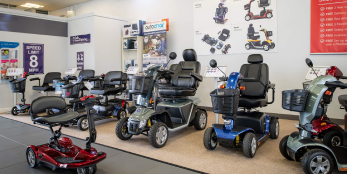Many people will face mobility loss in their lives, be it us or someone that we care about. Mobility loss can occur due to injury, surgery, aging, and other factors. When mobility loss happens there are things we can do to regain our freedom and/or support those that we love in making life with these limitations easier. Mobility devices, medical home equipment, emotional, and physical support can help you or your loved ones regain their freedom and learn how to live a wonderful and satisfying life regardless of mobility limitations.
Mobility Devices
The loss of mobility does not need to be the end of your health, happiness and social life. Mobility scooters and power wheelchairs are aids that can help you maintain an active life and continue doing the things you enjoy. Mobility scooters are a great option for those who have some upper body mobility and who don’t struggle as much with stability. A power wheelchair can be customized to suit any disability without a lot of upper body movement to control it. Be sure to first discuss with your doctor if one of these options is right for you and your lifestyle.
Home Medical Equipment
There are other tools besides mobility scooters and power wheelchairs that can make home living far easier when dealing with mobility loss. Patient lifts, stair lifts, and lift chairs can make it possible to be more independent at home. A wheelchair lift or patient lift is helpful in assisting a mobility device and/or patient up a step or obstacle. Lift chairs have the look and comfort of a recliner but offer a wide variety of styles, sizes, and features to assist those with limited mobility. Lift chairs are a great option for those who require assistance transitioning from the sitting to standing position.
Make Their Home Safe and Accessible
There are a few simple ways to make home a safer and more accessible place for those dealing with mobility loss. Make sure all rugs and bathmats are slip proof. Remove whatever clutter or piles that may become an obstacle. Make sure frequently used pathways are open and clutter free, even if that means rearranging furniture.
Physical and Emotional Support
If possible, be there to support your loved one often to help them navigate the new terrain of mobility loss. If you are able to be there as a caretaker that is wonderful, but for some not realistic. It can also be embarrassing for your loved one or the “patient” to have a family member or friend helping with personal things like showering and using the bathroom. In that case, a professional caretaker may be a better option. Help your loved one find someone who can assist them with their daily tasks.
Along with physical support, emotional and mental support is also important. Losing mobility can be a very fearful, sad, and/or overwhelming time. Do your best to stay in touch and spend whatever quality time you can with your friend or family member. Be there to lend an ear, and keep an eye out for signs of anxiety or depression. Those exhibiting those signs will need to seek professional help. There may also be support groups that can help understand and process these emotions. It is also important to keep your loved one as active as possible, to encourage them to keep a healthy social life, and to get outside whenever possible. Limited mobility doesn’t mean the pleasures of life are over. In fact, it’s more important than ever to maintain a sense of normalcy.
Need Further Assistance?
Contact us today to speak with one of our mobility experts about your lifestyle and your specific needs top regain your freedom. Our mobility scooter experts are highly trained and taught to focus on every potential client’s needs. This allows our staff to get you in the right mobility scooter for your lifestyle the first time.
e.







